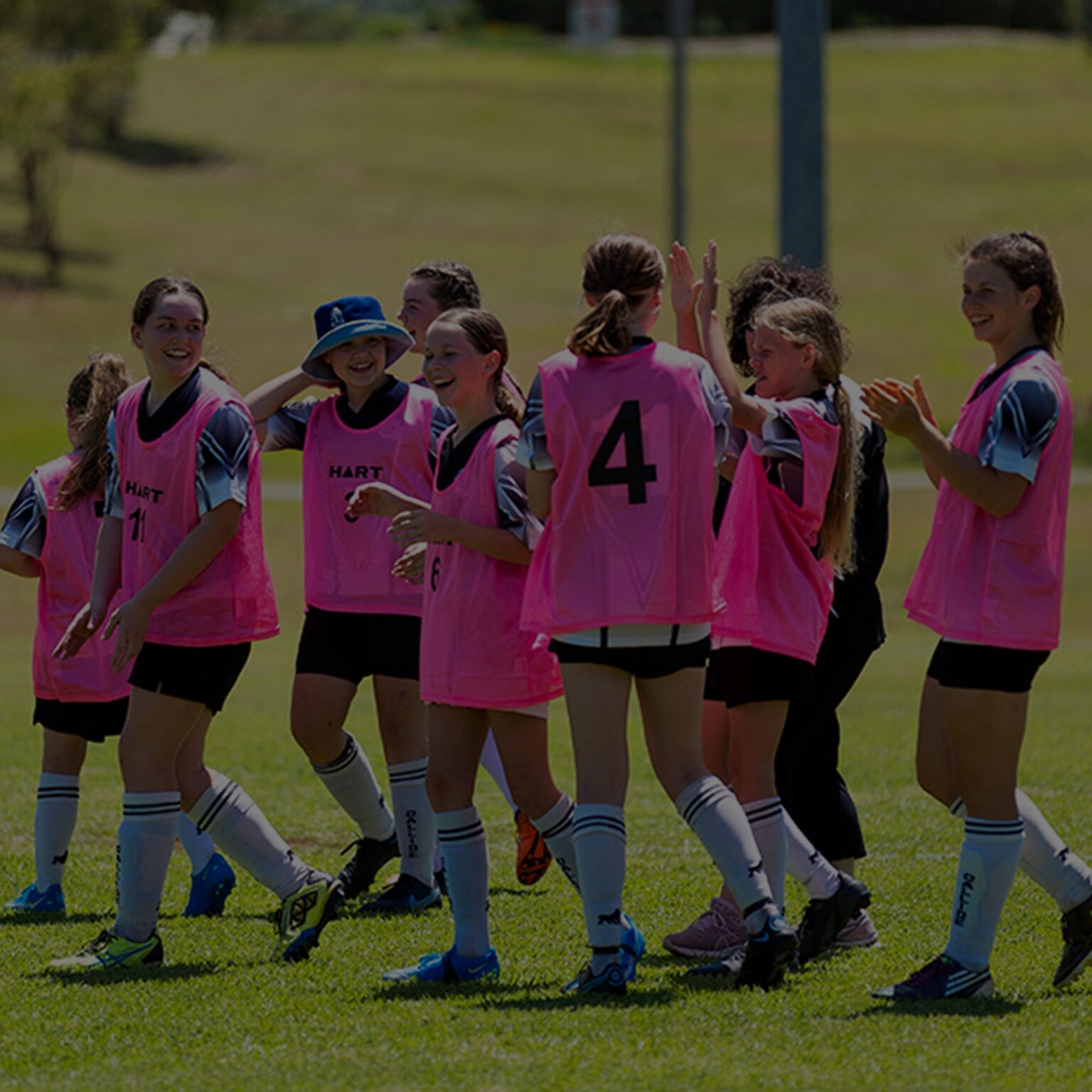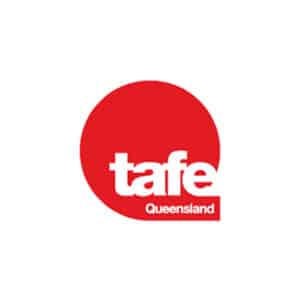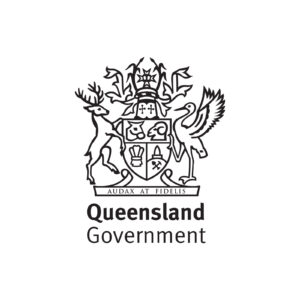Since Australia’s first public women’s football match was played on the grounds of the Brisbane Cricket Ground, the Gabba, on September 24, 1921, Queensland has blazed a path for women’s football.
It was in front of a crowd of 10,000 that The Reds of North Brisbane defeated The Blues of South Brisbane 2-0 in that very first public match, but just months later women were banned from playing football by the British Association Interstate Conference in Melbourne and instead encouraged to play one of three sports; hockey, netball or vigoro.
Despite the ban in Victoria, the Queensland Ladies Soccer Football Association continued to schedule matches, and in the years that followed women’s football continued to grow in the state leading to the eventual formation of the South Queensland Women’s Soccer Association and a 16-team competition in 1975.
As our state continued to lead the way in the development of the women’s game, in 1992 the QAS became the first institute to include a women’s football program.
Three decades on, the country is playing host to the biggest ever FIFA Women’s World Cup™ in one of the most significant periods for football in Australia.
With the eyes of the world on Australia and New Zealand, Queensland’s football legacy is shining on the global stage with 10 Queenslanders selected for the current CommBank Matildas squad, representing 43% of the national team.
Even beyond Australia former players from the FQ Academy QAS program are making their mark on the tournament, including Indiah-Paige Riley who featured in New Zealand’s Football Ferns squad for the FIFA Women’s World Cup 2023™.
Queensland is also proudly represented in the tournament’s coaching and refereeing ranks, with Matildas Assistant Coach Mel Andreatta hailing from the state and four Queensland referees officiating in the tournament, Misuk Park, Casey Reibelt, Kate Jacewicz and Chris Beath.
The FIFA Women’s World Cup Australia & New Zealand 2023™ has already made history, becoming the most attended edition of the tournament with ticket sales exceeding 1.5 million.
Reflecting the huge appetite for football across the country, Australia alone has contributed over 1.1 million to total ticket sales while our state has hosted three of the four most attended matches of the tournament so far in England v Haiti (44,369), Australia v Nigeria (49,156) and France v Brazil (49,378).
The growing popularity of the world game is also reflected in grassroots participation numbers, with over 70,000 women and girls participating in football in Queensland in 2022 as players, coaches, referees, administrators and volunteers.
With female participation continuing to grow year-on-year and driven by the mantra ‘Women and Girls are the Future’, Football Queensland is striving to reach a bold target of 50/50 gender parity in participation by 2027.
Reflecting the organisation’s unwavering commitment to this vision, leading sports executive Paula Robinson was named Football Queensland’s first female President in an historic election earlier this year, leading the game forward as it embarks on a period unlike any the game has ever seen.
The CommBank Matildas this week returned to their team base camp in Brisbane after advancing to the knockout stage of the FIFA Women’s World Cup 2023™ with an incredible victory over Olympic gold medalists Canada.
102 years since the women of the North Brisbane Reds and the South Brisbane Blues played in that very first public match, Queenslanders were again making history as Hayley Raso and Mary Fowler scored three of the four goals to lead Australia to their first ever top of the group finish in a World Cup.
While there’s still work to be done to ensure a lasting legacy for women’s football here in Queensland, it’s pretty remarkable to see how far we’ve come.
Images:
Richard Callis/Eurasia Sport Images/Getty Images
Will Murray/Getty Images
















